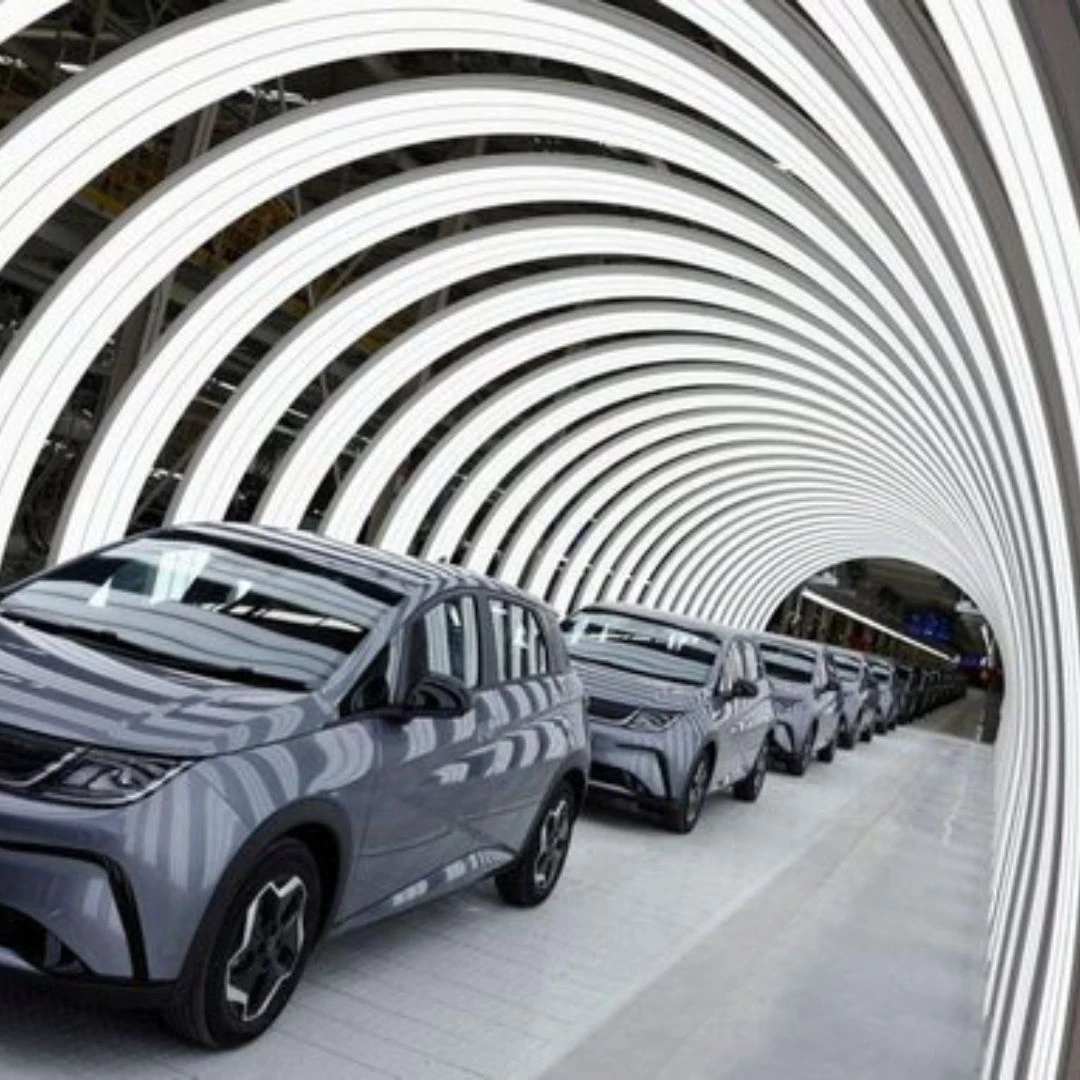India has unveiled a significant $1.3 billion incentive scheme aimed at accelerating the adoption of electric vehicles (EVs) and advancing its sustainable transportation goals. This ambitious initiative marks a crucial step in India’s commitment to reducing carbon emissions and fostering a greener future. The scheme is designed to address multiple facets of the EV ecosystem, from manufacturing and infrastructure development to consumer adoption and environmental impact.
The $1.3 billion investment will be strategically allocated to various areas to enhance the growth of the electric vehicle sector. A substantial portion of the funds will be used to provide financial incentives and subsidies to both manufacturers and consumers. This includes grants for EV production, support for research and development of advanced battery technologies, and direct rebates for individuals purchasing electric vehicles. These measures aim to lower the initial cost barrier for consumers, making EVs more accessible and attractive compared to traditional internal combustion engine vehicles.
In addition to financial incentives, the scheme also emphasizes the development of essential infrastructure, such as charging stations and battery-swapping facilities. The expansion of this infrastructure is critical to addressing range anxiety and ensuring that electric vehicles can be used conveniently across the country. By investing in these facilities, India aims to build a comprehensive network that supports widespread EV adoption and improves the overall user experience.
The scheme reflects India’s broader environmental and economic goals. By boosting EV adoption, India seeks to reduce its reliance on fossil fuels, lower greenhouse gas emissions, and decrease air pollution in urban areas. Furthermore, the initiative aligns with global climate commitments and positions India as a proactive player in the transition to sustainable transportation.
Overall, India’s $1.3 billion incentive scheme represents a transformative effort to revolutionize the country’s transportation sector. Through targeted investments and strategic support, the initiative is expected to drive significant advancements in electric vehicle technology, enhance consumer adoption, and contribute to a more sustainable and environmentally friendly future.









